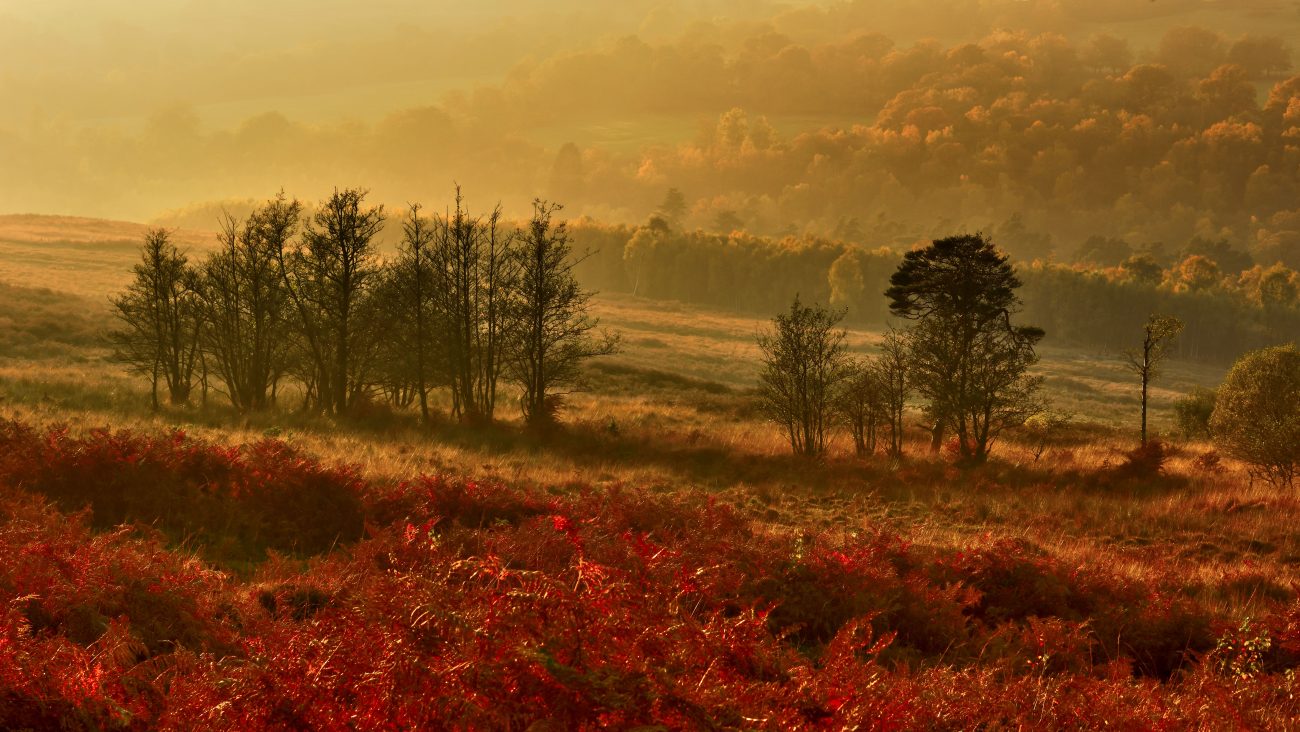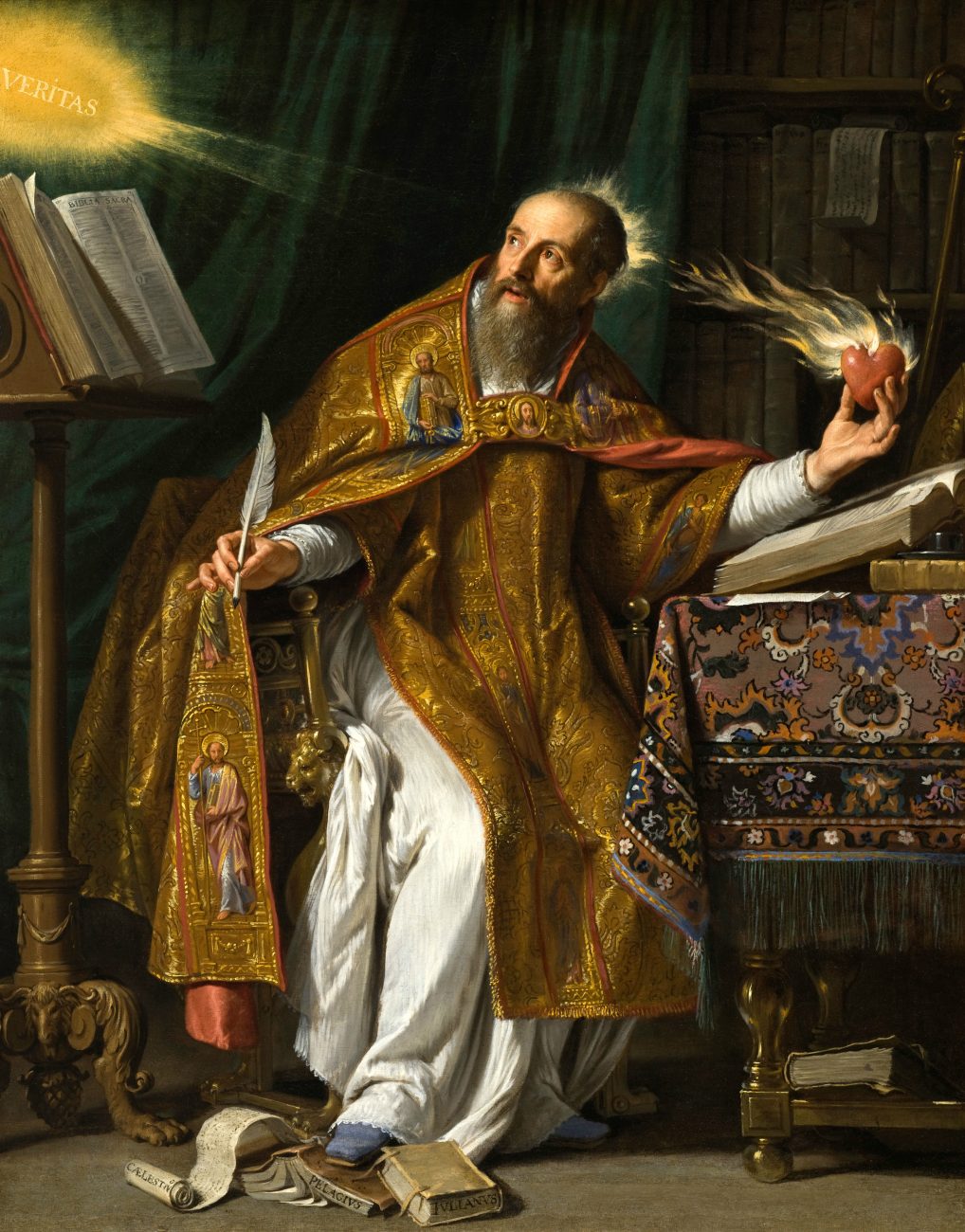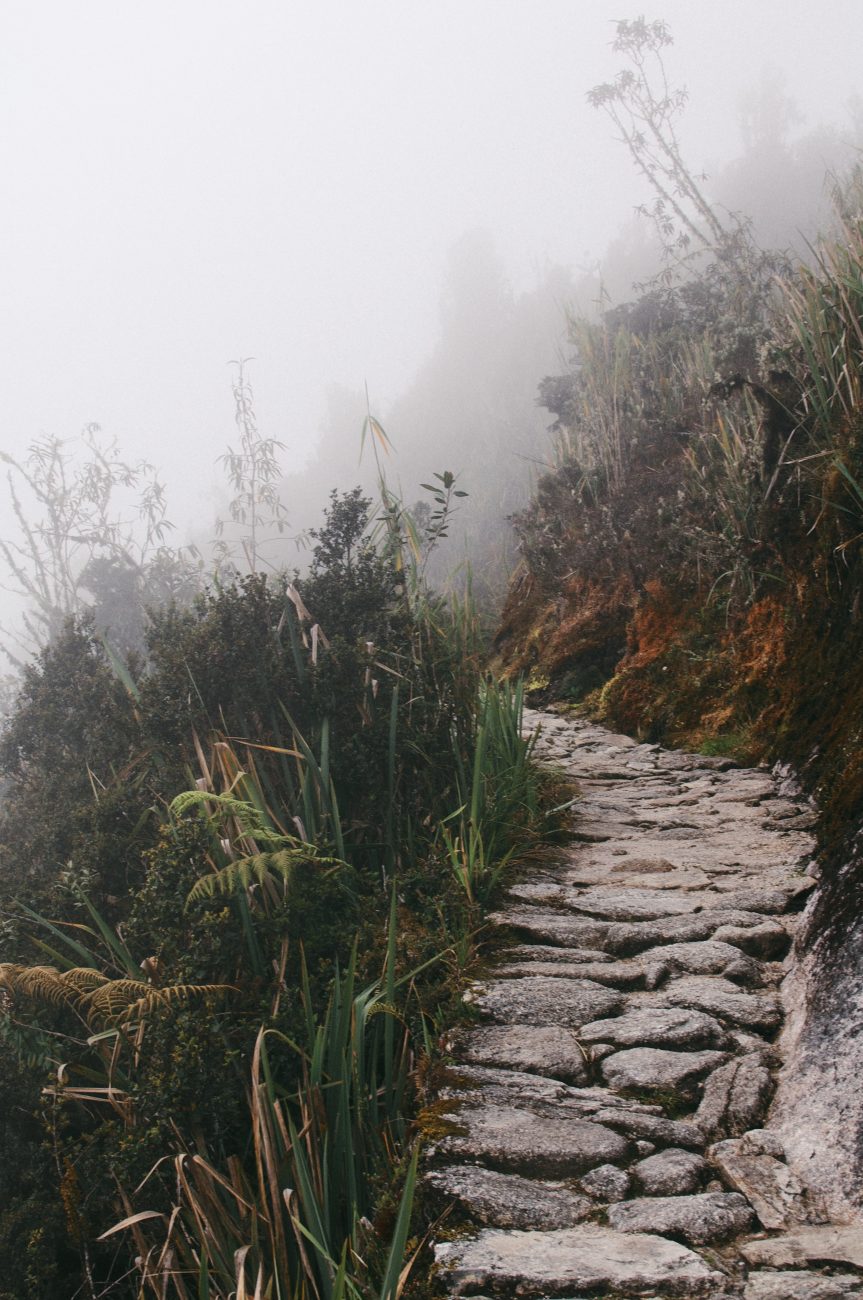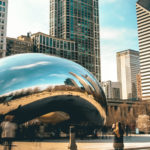I have come to Sussex, here in the South of England, to its gentle slopes, for another stage on this journey, which, as I explained in my last post, must be as much internal as it is external. And as this journey must take me ever deeper inside, I need once again to return to that silence without which any journey is doomed to failure. For that is a very clear fact: any journey, to achieve its purpose, necessarily needs silence, as it is only in silence that one makes sense of where one is heading to and why. Only silence makes the journey meaningful.
I am here to do a retreat. But isn’t it curious that we talk of this most spiritual of activities—in my case, five days of silent prayer guided by a priest preaching to us—as a “retreat”? I thought the whole purpose of prayer was to take us up and forward, not back, which is what the word “retreat” implies. It is usually a defeated or at least an unsuccessful army which retreats, not a victorious one. But silence is a form of retreat and, in fact, to advance one needs retreat. One needs to step back from one’s daily activity and all its hustle and bustle to try to discover the meaning of it all. Only in silence can one discern the sense of so much noise which our everyday duties require from us, and very often the more you try to live for others, the more you must immerse yourself in their noise. Mothers of small children will know all about this.

Though I have spent numerous hours in the house chapel praying before the Blessed Eucharist, I have also enjoyed long walks in this God-blessed countryside with the South Downs as backdrop and nature all around me bursting back into life after its long repression by winter. Walking, I am convinced, is a way to God. As a Christian—and so a firm believer in Jesus Christ as truly God made man—it matters a lot to me that my Lord Jesus actually walked on human feet and made long journeys over very real, and no doubt very dusty, dirt tracks. Journeying was an important part of God’s way to men. And so my retreat has included walking. It is also, of course, by walking that one actually makes contact with nature which so dynamically and powerfully reveals God and his beauty to us. So, you see, I started talking of an interior journey and have slid into a physical one, be it simply my daily two-hour strolls in or near Ashdown Forest. It is a virtuous circle, as it always is. Exterior and interior movement must flow into each other and then into God, who, as the psalm puts it so beautifully in its Latin form, “ascensiones in corde disposuit”. He has put into our hearts a desire to ascend, to go up.
I enter into myself to discover the still, silent voice of the Holy Spirit: God is more intimate to us than we are to ourselves, as St Augustine so memorably put it. Silence settles on me like soft rain on dry ground. I pray with Scripture: “Pour down, oh heavens, from above!” “My soul longs for you like a dry, weary land in which there is no water.” This hardly applies to the squidgy, muddy soil I have been treading over, but it does apply to my spiritual state. May the rain of your grace journey down and into me, o God.

Silence involves listening, which means accepting that I don’t have all the answers, there is a wisdom beyond mine, there are parts of the picture I failed to see. Listening to God might lead us to realize we have to listen more to others: we have too casually, too stubbornly disregarded their opinion. I have been blind—and deaf. Silence involves overcoming the interior monologue, the interior accuser who wastes his or her energies on blaming others. Ultimately, I must change, not they. Accepting this is a big step forward on my journey.
Silence includes taking the risk that in response to your silence you find…silence. Your silence is met by what seems an even greater silence. Your efforts to pray draw an apparent blank. But if we persevere in that silence, some form of answer makes itself heard, a glimmer of light in the cloud. Gradually something like a way forward begins to appear. God’s touch makes itself felt, so incredibly gentle but unmistakable.


Where do you want to take me, Lord? There might be doors we don’t want him to open, with goods behind them we don’t want to surrender, comforts we don’t want to relinquish, vices we don’t want to abandon. Pope Francis has put it beautifully in his recent exhortation, Gaudete et Exsultate, using also the journey metaphor. He writes:
“When, in God’s presence, we examine our life’s journey, no areas can be off limits. In all aspects of life we can continue to grow and offer something greater to God, even in those areas we find most difficult. We need, though, to ask the Holy Spirit to liberate us and to expel the fear that makes us ban him from certain parts of our lives. God asks everything of us, yet he also gives everything to us. He does not want to enter our lives to cripple or diminish them, but to bring them to fulfilment.”
He talks of “an authentic process of leaving ourselves behind in order to approach the mystery of God”, and I would add to this, in order likewise to approach the mystery of others. Seeking God has traditionally been described as going up a mountain, either metaphorically or at times in the Bible very literally. Yet, as we all know, you can’t climb a mountain dragging a treasure trove. The view we attain, however, the beauty we discover, are worth far more than all those bits of metal and stone. My strolls in Ashdown Forest were hardly mountaineering but in the silence of the countryside and of the chapel, I like to believe I edged a bit closer to God and to some form of personal and spiritual growth. Journeying requires leaving a lot behind in order to gain even more. The journey into silence, for those brave enough to undertake it, teaches us this.

